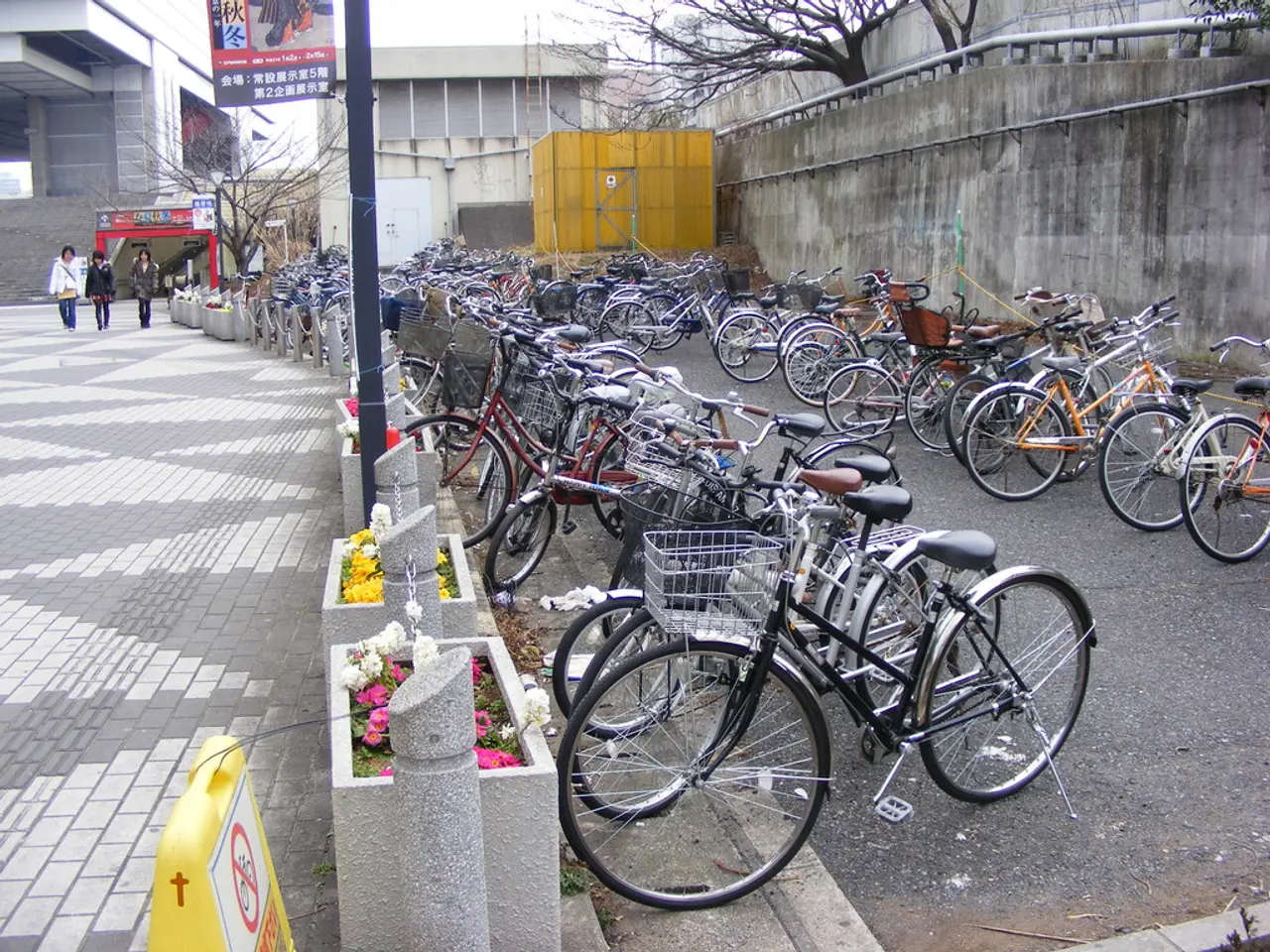Taking Steps to Avert Self-Harm or Ending One's Life
In today's world, suicide remains a global issue that affects individuals and communities worldwide. However, there's hope, as people who seek help or offer it can create a meaningful impact in preventing a potential tragedy.
One such individual is Yasmine Bonnici, a counsellor with a temporary warrant, who has made significant strides in raising awareness about mental health and suicide prevention. Bonnici, who holds a degree in nursing (Hons) and a Masters in Counselling (Melit) from the University of Malta, wrote the article "Recovery" and has been drawn to counselling due to the tendency in the medical field to focus on physical needs and neglect psychological aspects.
The World Health Organization (WHO) provides resources on suicide prevention, offering valuable insights and strategies. According to the WHO's 2019 report and recent related evidence, effective strategies for recognizing and preventing suicide among 15-29 year olds include comprehensive, government-led national suicide prevention strategies, brief contact interventions (BCIs), training and involvement of non-behavioral health clinicians, safety planning interventions, addressing social determinants and structural factors, and data-driven implementation and clinician engagement strategies.
Comprehensive, government-led national suicide prevention strategies enable coordinated, sustained political action and resources tailored to at-risk populations. BCIs, such as follow-up support like phone calls, crisis/emergency resource cards, postcards, or text messages after suicide attempts, are cost-effective and widely implementable, reducing suicide reattempt risk. Training and involving non-behavioral health clinicians in screening for suicide risk and depression improves early recognition and care. Safety planning interventions—collaboratively developed plans that identify warning signs and coping strategies—have demonstrated reductions in suicidal behavior and psychiatric hospitalizations. Addressing social determinants and structural factors, such as firearm access, violence prevention, and inequality, recognizes the overlap between interpersonal violence and suicide risk in young populations. Data-driven implementation and clinician engagement strategies enhance suicide prevention attitudes by sharing empirical evidence of effectiveness in clinical settings.
Recognizing early signs of emotional distress is crucial for timely intervention and support. Showing compassion, kindness, and genuine care towards those who are struggling can help reduce the risk of suicide. By fostering a non-judgmental and understanding environment, we can contribute to suicide prevention and emotional recovery.
If you or someone you know is struggling, resources are available. The World Health Organization provides resources on suicide prevention at https://www.who.int/news-room/fact-sheets/detail/suicide. Let's work together to create a world where everyone feels heard, understood, and supported.
Yasmine Bonnici, a counsellor with a temporary warrant, is advocating for more focus on mental health in science and health-and-wellness, as she believes the medical field often neglects psychological aspects. The World Health Organization (WHO) promotes mental health as part of overall health and wellness, and their 2019 report highlights effective strategies for suicide prevention among young adults, including addressing social determinants and structural factors, such as firearm access and violence prevention, as well as safety planning interventions and data-driven implementation strategies.




